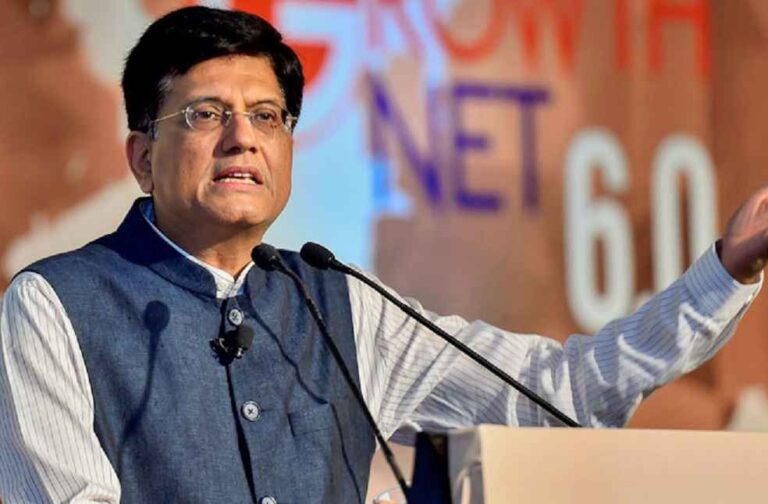India’s resolve to uphold its EV policy framework, notwithstanding Tesla’s appeal for tariff concessions, underscores the nation’s strategic commitment to fostering a diverse and inclusive electric mobility ecosystem. Commerce and Industry Minister Piyush Goyal articulated this position, emphasizing that legislative and regulatory measures will prioritize attracting a wide array of global EV manufacturers to India, the world’s fastest-growing economy, rather than catering to the demands of individual entities.
Tesla, under the leadership of CEO Elon Musk, proposed a tariff exemption scheme aimed at reducing customs duty by 70% for vehicles priced below $40,000 and seeking a complete waiver for those exceeding this threshold. Contrary to acceding to these demands, India’s approach champions equitable treatment and non-preferential policy formulation to stimulate the entire sector’s growth.

Goyal elucidated the broader benefits of advancing the EV sector, highlighting the dual objectives of curtailing carbon emissions and diminishing the substantial oil import expenditure. This vision reflects a strategic intent to craft policies that bolster the sector at large, fostering dialogues with prospective investors across continents, indicative of a holistic engagement strategy to galvanize the EV industry within India.
The dialogue around Tesla’s tariff reduction requests occurs against the backdrop of India’s ambitious initiatives to cultivate a vibrant EV landscape. This includes the implementation of production-linked incentive schemes for advanced chemistry cell (ACC) battery storage and the automotive sector, demonstrating a robust commitment to sustainable economic progress and environmental stewardship.

frimufilms
Positioning itself as a strategic alternative amidst geopolitical tensions between Beijing and Washington, India is leveraging policy and incentive frameworks to attract EV industry stakeholders globally. This policy stance aims to position India as a compelling investment destination within the evolving global EV market landscape.
Anticipated to witness exponential growth, India’s EV market forecasts suggest a trajectory leading to annual sales of one crore units by 2030, potentially catalyzing five crore direct and indirect employment opportunities. Tata Motors, a domestic frontrunner in the passenger EV domain, exemplifies the readiness of Indian enterprises to embrace and drive forward electric mobility innovations.
LATEST | MG Motor India Gears Up for Growth with JSW Group’s Strategic Investment





